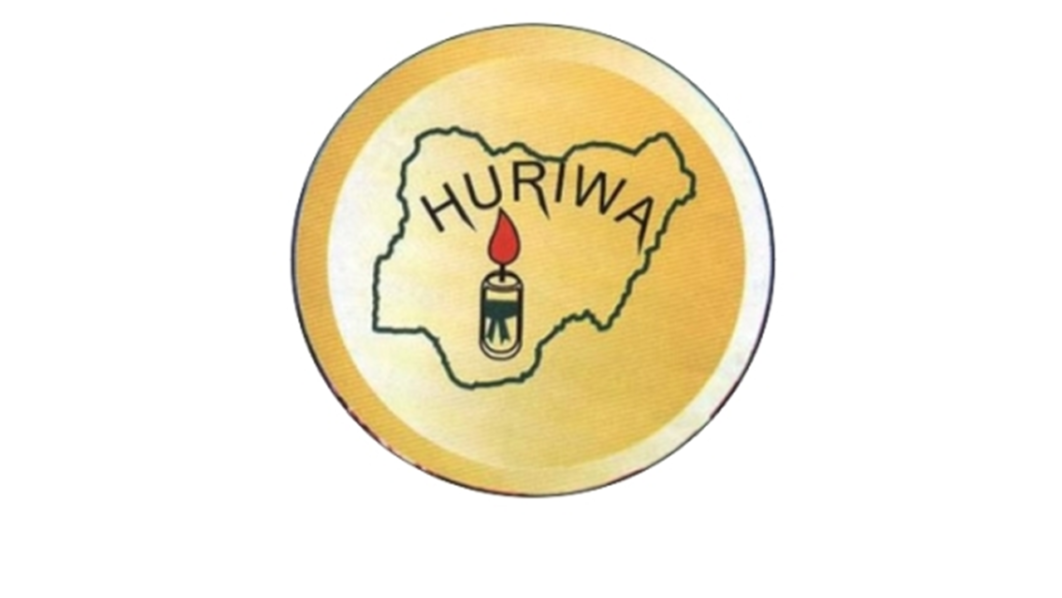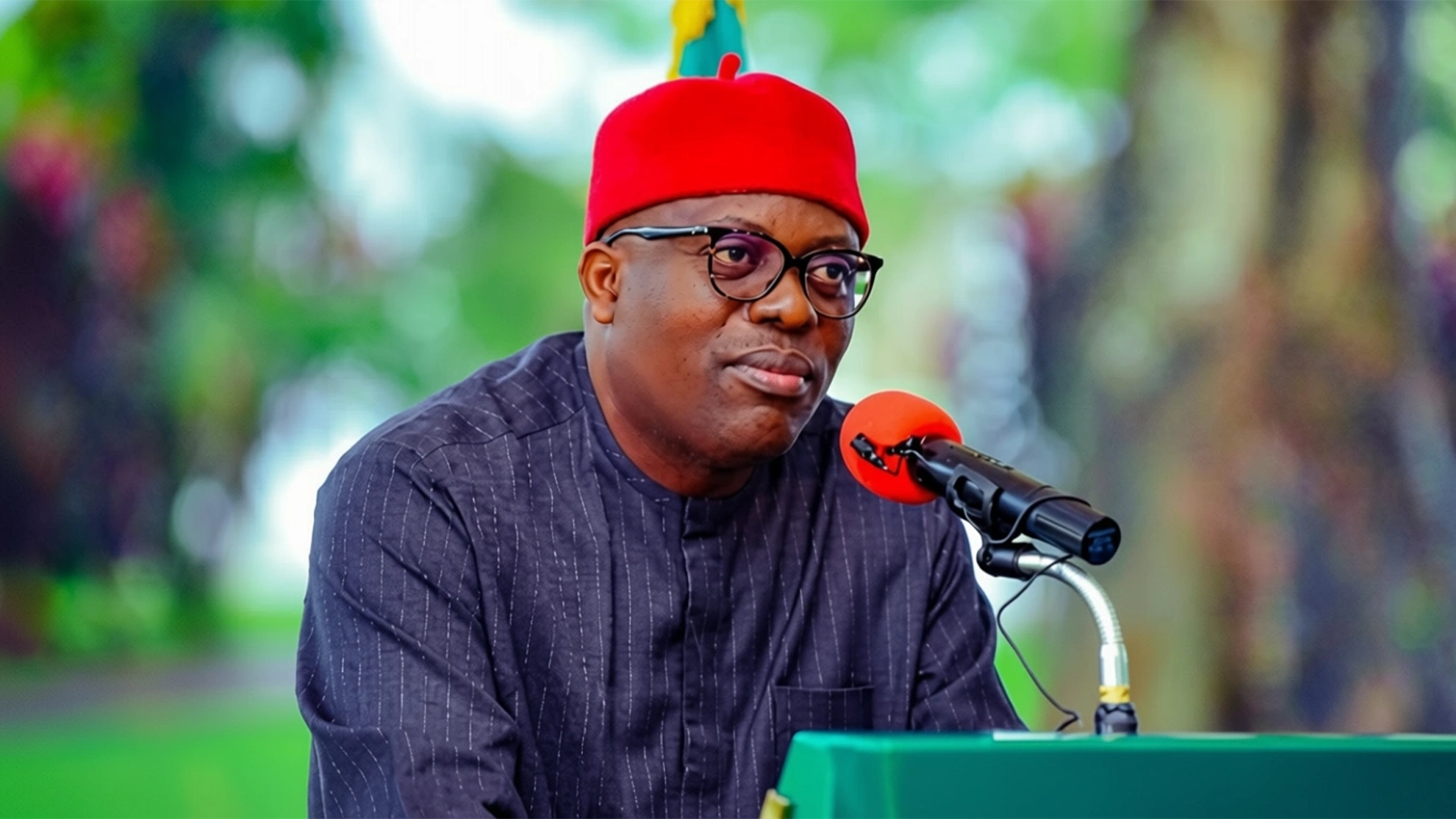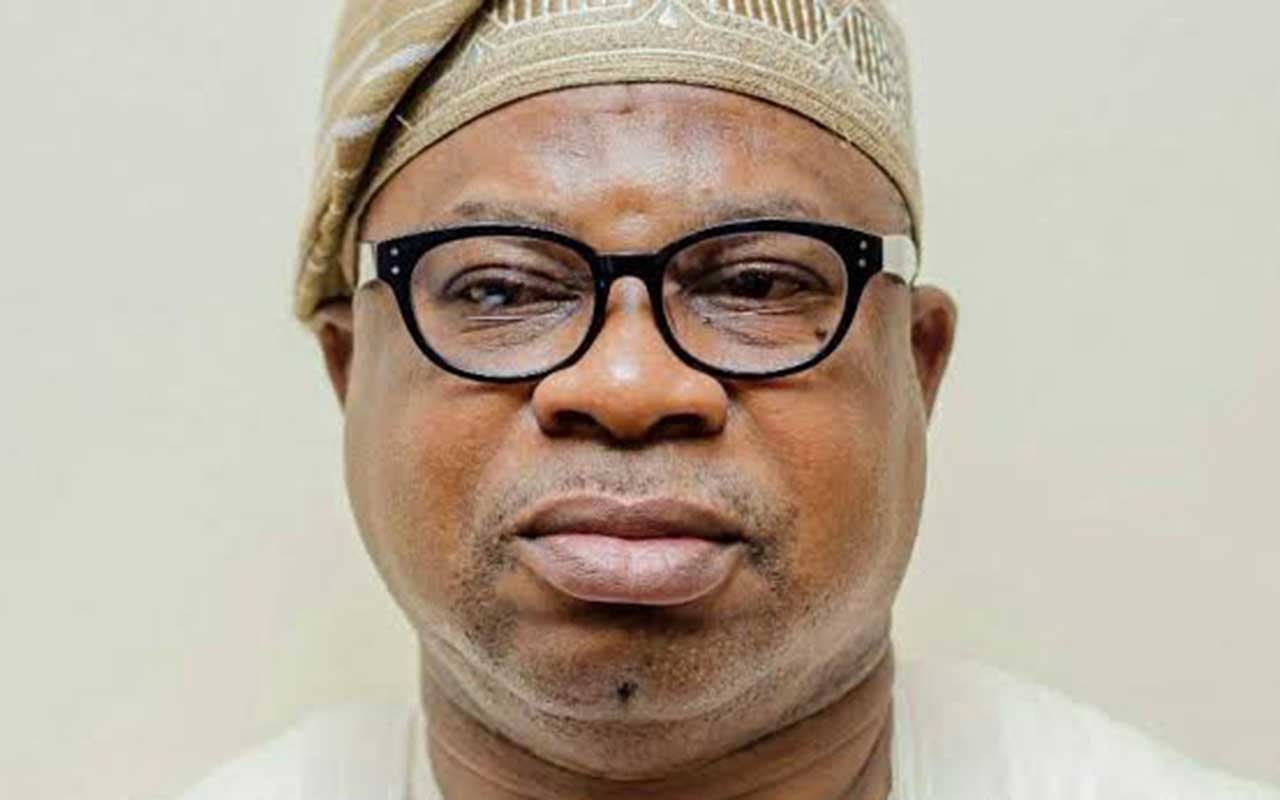
The Human Rights Writers Association of Nigeria (HURIWA) has expressed strong support for the Independent National Electoral Commission’s (INEC) recent decision to reject submissions from political parties that failed to comply with digital requirements for polling and collation agents in the upcoming Edo State governorship election.
[
The group in a statement by its national coordinator, Emmanuel Onwubiko emphasised that INEC’s stance, as announced by Chairman Prof. Mahmood Yakubu, represents a critical step in modernizing Nigeria’s electoral processes.
The association praised INEC’s commitment to ensuring transparency, efficiency, and credibility in elections through digitalisation.
HURIWA underscored that the integrity of the electoral process is vital in a democracy, especially as Nigeria grapples with challenges such as electoral fraud and outdated practices, just as the transition to digital procedures is essential for improving the system.
The human rights group fully supported INEC’s insistence that political parties must adhere to digital submission protocols to maintain the integrity of elections.
HURIWA further highlighted that the rejection of submissions from the All Progressives Congress (APC), Labour Party (LP), and other parties due to non-compliance should serve as a wake-up call for all stakeholders.
The association pointed out that the era of manual, error-prone methods is over, and political parties must adapt. It expressed concern that, despite the ample time, training, and resources provided by INEC, some parties still failed to meet the digital submission criteria, reflecting a concerning lack of preparedness.
HURIWA also expressed particular concern about the disqualification of over 3,000 agents from the APC, LP, and ADP, viewing it as an avoidable and disappointing lapse that could undermine these parties’ effectiveness on election day, adding that in contrast, the Peoples Democratic Party (PDP) managed a much lower rate of disqualification, demonstrating that compliance is achievable with proper preparation and commitment.
The civil rights advocacy group further urged all political parties to learn lessons from this mistake; and take immediate steps to update their internal processes to ensure full compliance with INEC’s digital requirements in future elections.
The association observed that the failure to comply with Section 43(1) of the Electoral Act and Section 9 of INEC Regulations and Guidelines has not only undermined the parties’ credibility but has also disenfranchised their agents and the parties they represent.
” We commended INEC for its forward-thinking approach and urged the Commission to maintain this standard in all future elections.
“We also praised INEC’s plan to conduct a mock accreditation exercise to test the Bimodal Voter Accreditation System (BVAS) and the INEC Result Viewing (IReV) portal. Scheduled for September 10, 2024, across 12 polling units in six Local Councils in Edo State, this exercise is seen by HURIWA as a crucial step in ensuring that all systems function reliably on election day.
“We called on INEC to share the results of this mock exercise with the public to further build trust in the electoral process.
“We remind political parties of their critical role in safeguarding Nigeria’s democracy, stressing that compliance with INEC’s guidelines is a fundamental responsibility owed to the electorate.
“Political parties must embrace the digital transformation championed by INEC. This shift is not just about meeting administrative requirements but about committing to a future where elections are free, fair, and reflective of the people’s will.”






